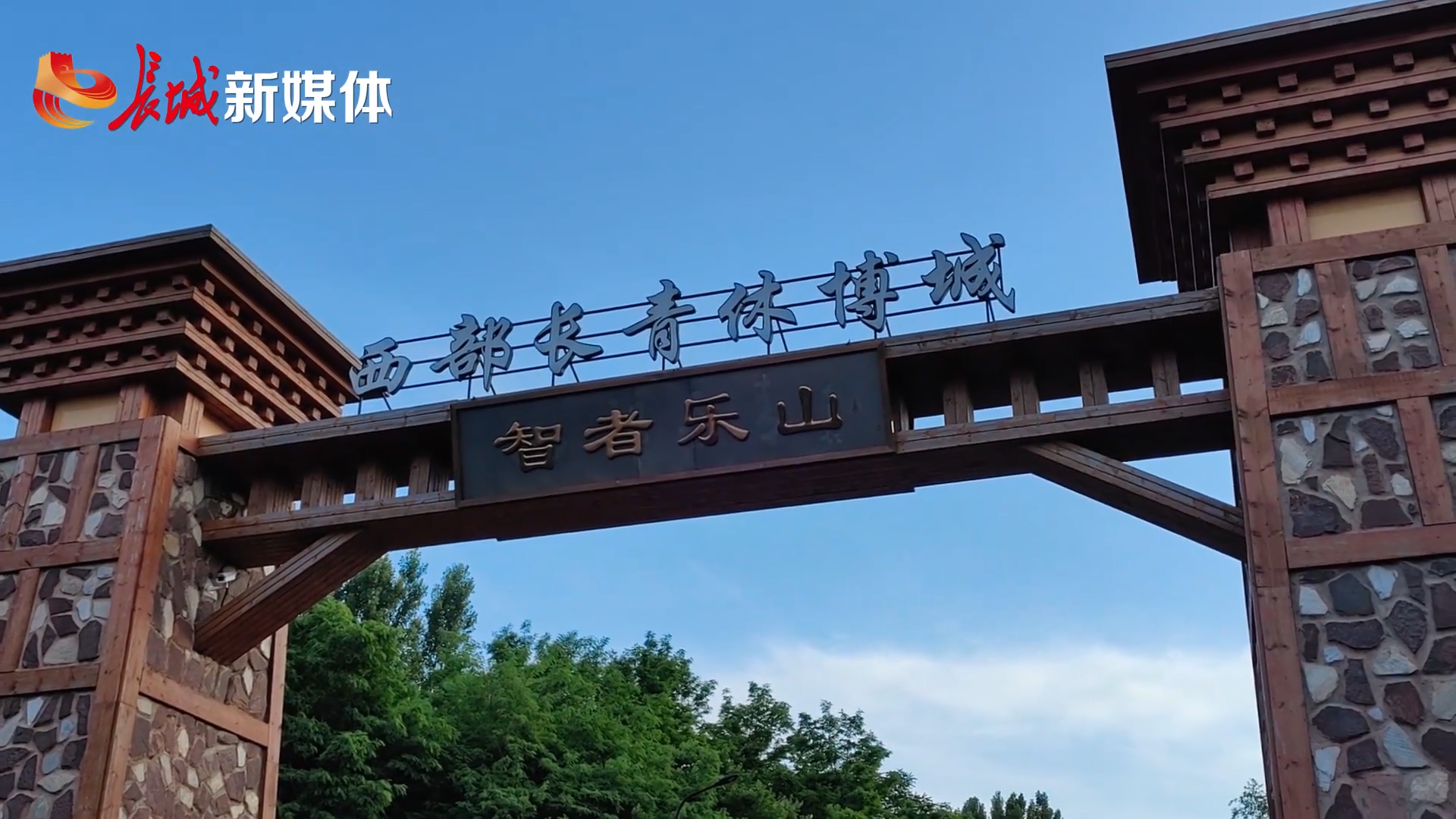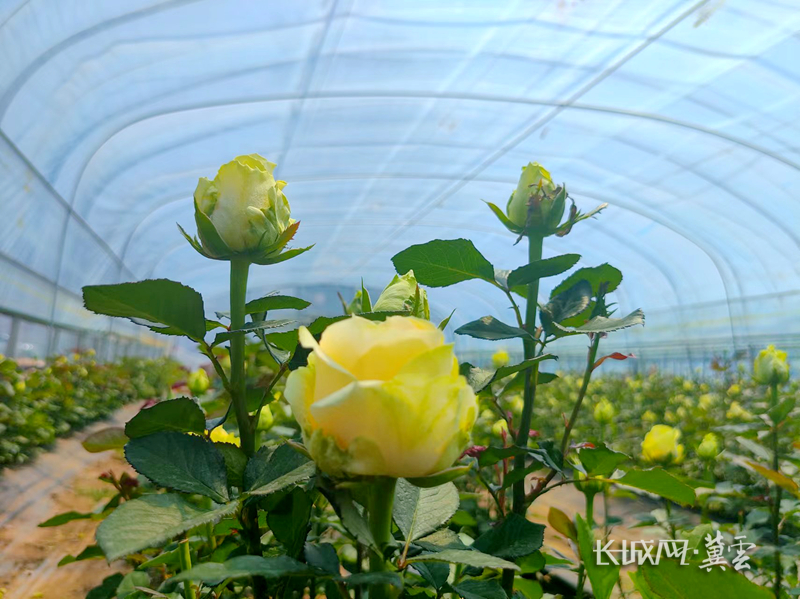SHIJIAZHUANG, June 28 (Xinhua) -- Archaeologists in north China's Hebei Province have found the ruins of a heated kang dating back to the Shang Dynasty (1600-1046 B.C.) at the Zhaoyao Site in Handan City, north China's Hebei Province, according to the provincial institute of cultural relics and archaeology.
A kang or heated bed is a living and sleeping platform with a heating facility for residents in northern China, explained Wei Shuguang, who works with the archaeological institute.
Since October 2021, 340 square meters of the Zhaoyao Site have been excavated, partially revealing the settlements of the Shang Dynasty. So far, ruins of nine houses have been found at the site, and the heated kang was discovered in the No. 5 house.
The excavation of Zhaoyao Site is of great significance for studying the layout of settlements of early Yangshao Culture, which is considered an important stream of Chinese civilization and is widely known for its advanced pottery-making techniques. It is also important for the study of the cultural evolution in southern Hebei Province during the Xia (around 2070-1600 B.C.), Shang and Zhou (1046-256 B.C.) Dynasties, Wei said.
Zhaoyao Site is a key cultural relic protection unit in Hebei. It was excavated twice in 1960 and 1975. The discovery of the early Yangshao settlements and the high-ranking residential sites and tombs from the middle and late Shang Dynasty has highlighted the cultural significance of this site.
Editor: Zheng Bai






